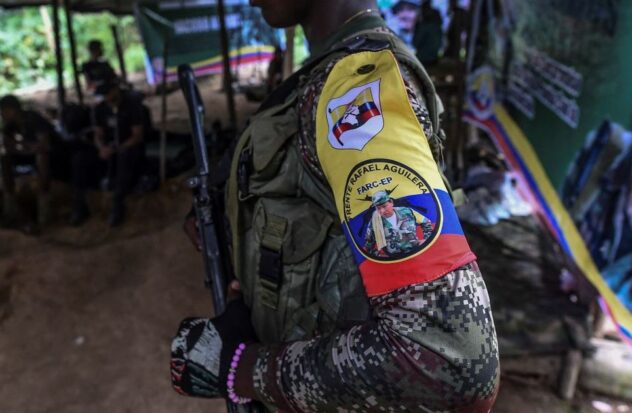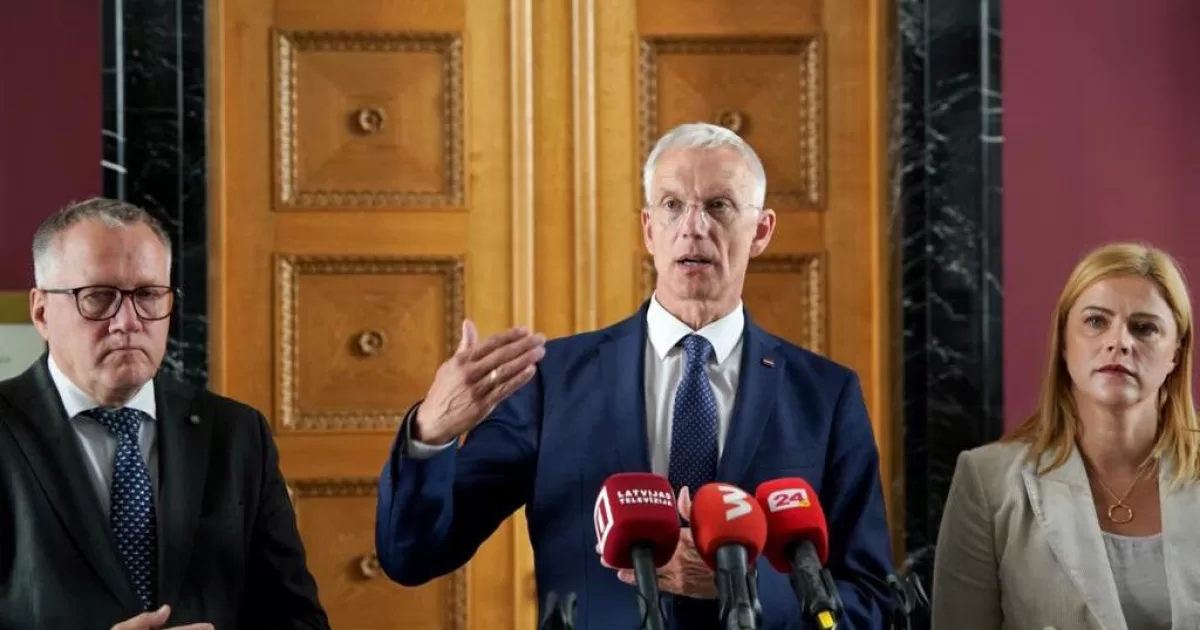BOGOTA.- Negotiate with dissidents FARC In Colombia it has become an arduous task due to a series of factors that have triggered a new crisis in the peace process with the Colombian government.
The most prominent dissident faction, known as Central General Staff (EMC), experienced an internal division that further complicated peace talks. This faction, which rejected the 2016 peace agreement, gained strength after the disarmament of the former FARC guerrilla, attracting several of its commanders.
Violent actions against civilians and law enforcement during a truce agreed at the end of last year led President Gustavo Petro to take drastic measures. The government excluded the rebel commander known as Iván Mordisco from the negotiations, in a bid to keep alive the “total peace” policy aimed at ending the six-decade conflict through dialogue with the main armed groups.
To understand the situation, experts explain that the EMC emerged as a convergence of various guerrilla factions that opposed the peace process because they considered it a “military defeat.” Over time, these factions were unified under the name of the Central General Staff, growing in number and power.
Iván Mordisco, until recently considered the top leader of the EMC, is a veteran guerrilla whose supposed death in 2022 was followed by his surprising return, expressing interest in joining the peace process led by Petro. Although he has military experience and legitimacy among certain sectors, his commitment to the process has been the subject of doubt due to his silence at key moments.
The lack of progress in negotiations is partly attributed to the misperception of a unified EMC, when in reality the factions have different capabilities and agendas. While some ceasefires have been respected in certain regions, other fronts have continued their attacks against law enforcement and civilians, reflecting the disagreements within the group in military, economic and political terms.
The “total peace” project, which seeks to negotiate with multiple armed groups, has also faced significant challenges, as much of the violence in Colombia occurs between these groups, exacerbating displacement and massacres. This has hampered the government’s efforts to contain the violence and move toward lasting peace.
Source: With information from AFP





